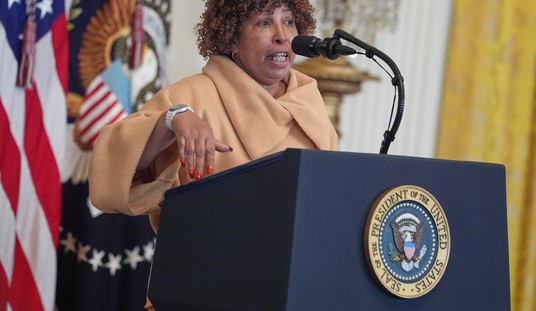Trigger warnings have long been a hot topic of discussion in academia and among those (like many of us here) who are critical of the direction higher education has taken. Now a new series of studies has found that such warnings are not only unhelpful, they may actually do more harm than good.
Scientists have now had time to examine trigger warnings through controlled experiments, and their findings broadly support critics’ points. Last month, a trio of psychologists affiliated with Flinders University and Harvard University published a meta-analysis aggregating all the recent scientific papers on the topic to answer four questions:
“First, do trigger warnings change emotional reactions in response to material? Second, do trigger warnings increase the avoidance of warned-of material? Third, do trigger warnings have any effects on anticipatory emotions before seeing material (e.g., anxiety)? And fourth, do trigger warnings change educational outcomes (i.e., the comprehension of warned-of material)?”
Trigger warnings have been a practice in the university systems since at least 2005 and have been controversial throughout that time. In case any readers haven't encountered the term yet, a trigger warning is defined here.
The real question here is this: Why on earth would we be so concerned about protecting these young skulls full of mush from opinions and even facts that they may not have previously encountered and that they may find hurtful to their apparently fragile little minds? Is it not the purpose of education to prepare young people for the real world and, by the way, to instill in them marketable skills and the mental toughness to succeed in a competitive workplace?
If this was your initial thought, you might be heartened by the findings. Here are the results of the review:
The reviewers turned up 12 studies published since 2018 that attempted to answer those queries. In almost all of them, experimenters exposed subjects to photographs, videos, or written passages. Some participants were given a content warning beforehand, while others were not.
When the studies’ results were pooled together, the researchers found that trigger warnings had no effect on subjects’ emotional responses to the material, did not make them likelier to avoid it, and had little to no effect on participants’ comprehension. They did, however, slightly increase subjects’ anxiety prior to being exposed to the material.
Taken together, the results indicate that trigger warnings are “fruitless,” the researchers wrote. “Trigger warnings typically warn people about the distressing reactions they may have but do not explain how to reduce these reactions,” they added.
This appears to be a classic example of belaboring the obvious.
Education - at all levels - has just one purpose, and that is to equip young people with marketable skills so that they may go out into the world and earn a living. One of those skills has to be the ability to consider opinions and, yes, facts, many of which they may not yet have encountered and which they may find distressing. The very concept of a "trigger warning" seems to fly in the face of that; instead of encouraging a certain mental fortitude, it instead encourages weakness and intolerance.
When I was in school in the mid-late '70s, few of our little farm-town teachers at the local high school stood out very much, but there was a biology teacher that all the kids loved—indeed, he was a big part of my decision to pursue an education in biology myself. There was an English Literature teacher who found a way to get me, a disinterested rural kid, hooked on reading American classics like Hemingway and Steinbeck. And there was also our high school newspaper faculty adviser, who told us that if our work on the school newspaper wasn't upsetting someone, it was because nobody was reading our copy.
The common denominator among those teachers was that they challenged us to think. If we expressed an opinion in a class discussion, all of them would demand one thing: "Why?" And then they would invite anyone in the class who disagreed to speak up and encourage discussion.
That's how education should work. And that's the exact opposite of what "trigger warnings" accomplish. But that was a long, long time ago, in a school district far, far away. Instead, today, the schools and the university system seem custom-tailored to encourage weakness.
While this study is encouraging, I don't hold out much hope for the state of higher education. Our university system, I'm afraid, will continue to emphasize conformity over thought, wokeness over analytical thinking, and mindlessness over mindfulness. That won't change until those institutions are made to react to market forces and not government funding.
Leave it to Mel Brooks, of course, to show us how to deal with all things that make us uncomfortable, upset, or... anxious.














Join the conversation as a VIP Member